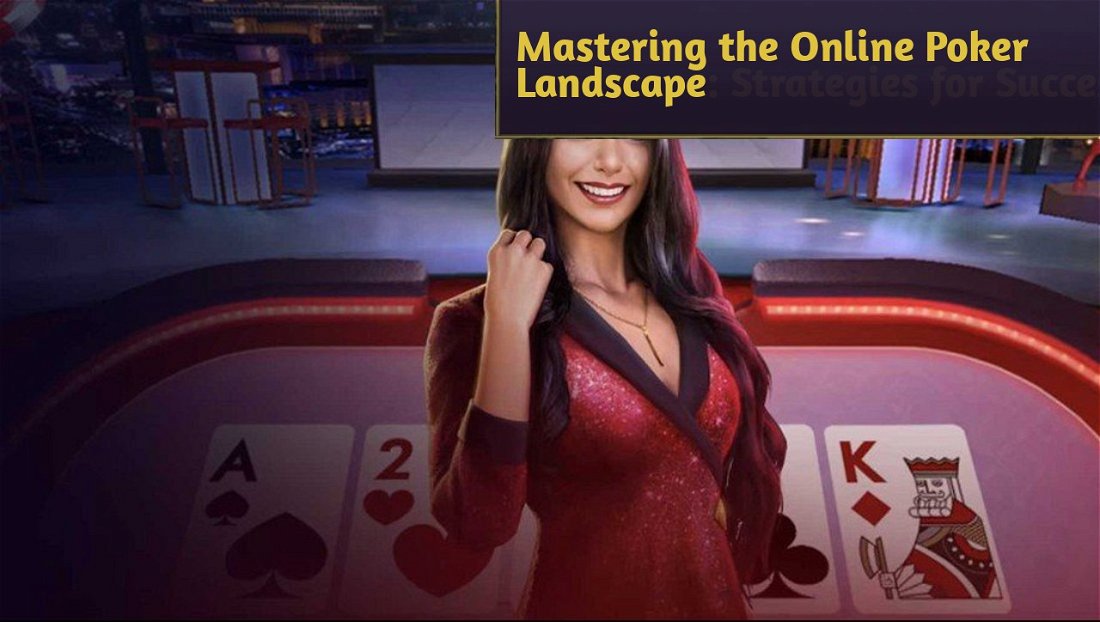In the world of sports betting, odds aren't just numbers. They're how bookmakers signal the likelihood of different outcomes, guiding bettors as they decide where to place their bets. Choosing between odds like 1.6 and 2.5 is more than a mere preference — it's a strategic decision rooted in mathematics.
This piece explores why someone might lean towards the 1.6 odds and how this choice could be a game-changer in refining a betting approach. With the Radheexch betting website offering a wide array of betting options, grasping the nuances of these odds becomes crucial for those looking to make educated bets.
Unpacking the Odds
Before diving into mathematics, it's essential to understand what odds of 1.6 and 2.5 signify and how they translate into probabilities and potential returns.
The Mathematical Reasoning:
• Odds of 1.6: These odds indicate a higher probability of winning as perceived by bookmakers. Mathematically, odds of 1.6 correspond to a probability of approximately 62.5%. Regarding payout, for every $1 bet, the return would be $1.60 if the bet is successful.
• Odds of 2.5: Conversely, odds of 2.5 suggest a lower probability of the event occurring, with an implied probability of around 40%. However, the potential return is higher, with a $1 bet yielding a $2.50 return upon a win.
• Expected Value: At the heart of favoring odds of 1.6 over 2.5 is the concept of expected value - EV, which calculates the average amount one can expect to win or lose per bet in the long run. A positive EV suggests a favorable bet, while a negative EV indicates a losing proposition over time.
• Risk vs. Reward: Betting on odds of 1.6 offers a lower payout but a higher probability of winning, often resulting in a positive EV for well-informed bets. In contrast, while odds of 2.5 offer a higher payout, the lower probability of winning can lead to a negative EV if not chosen carefully.
The choice between odds like 1.6 and 2.5 uncovers a core betting strategy principle: the risk-reward equilibrium. Bettors, equipped with the right mathematical understanding, are better positioned to navigate these waters.
Opting for 1.6 odds often leads to steadier gains, while the higher 2.5 odds, despite their attractive potential payouts, carry greater risks. This insight sheds light on the tactical decisions bettors face in pursuit of winning strategies.
Catering to diverse betting preferences, Radhe Exchange presents a broad spectrum of betting alternatives. These platforms accommodate everyone, from those who prefer to play it safe to those who thrive on high stakes, highlighting the significance of making well-informed bets.
Strategic Betting Based on Mathematical Insights
Leveraging mathematical reasoning in choosing between odds is a crucial aspect of a successful betting strategy. Bettors need to assess the potential payout, implied probability, and EV of their bets.
Applying Mathematical Principles in Betting Strategy:
• Assessing Value: Beyond calculating EV, bettors should consider whether the odds offered by bookmakers represent value. This involves comparing the bookmaker's implied probability with the bettor's assessment of the event's true likelihood.
• Diversification: Just as investors diversify their portfolios to manage risk, bettors can apply a similar strategy by spreading their bets across outcomes with different odds, including safer bets at lower and higher risk, and higher-reward bets at odds like 2.5.
• Long-Term Perspective: Successful betting requires a long-term approach, focusing on making consistently informed decisions that yield a positive EV over time rather than chasing immediate gains.
Choosing between odds like 1.6 and 2.5 involves more than a gut feeling; it's about understanding the probabilities, calculating expected values, and managing risks. This strategic and mathematical groundwork enables bettors to tailor their decisions to their risk appetite and goals.
It's not just about upping the odds of winning; understanding the math behind the odds enriches the betting experience, fostering a more informed, disciplined, and ultimately, more satisfying engagement with sports betting.










— Comments 0
, Reactions 1
Be the first to comment